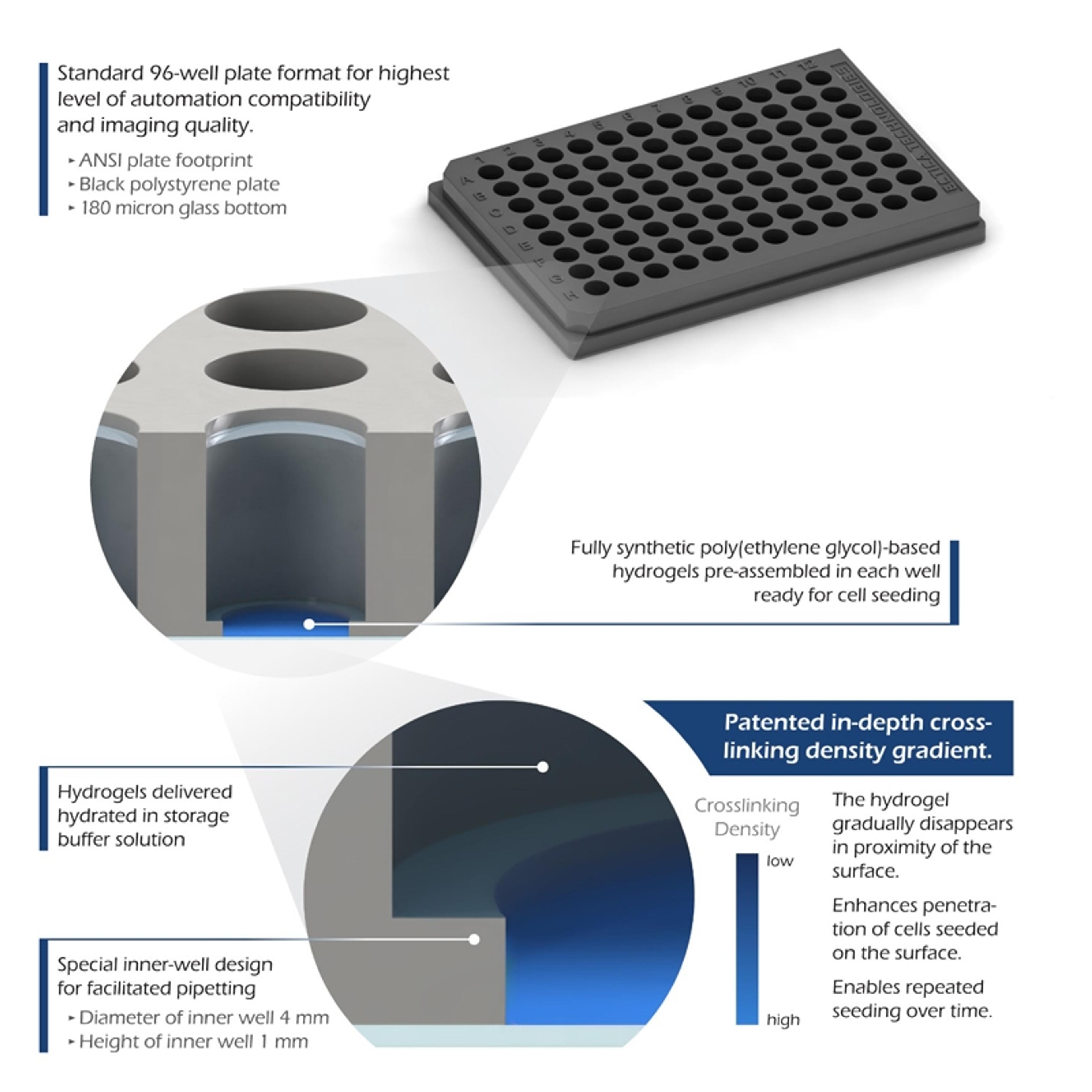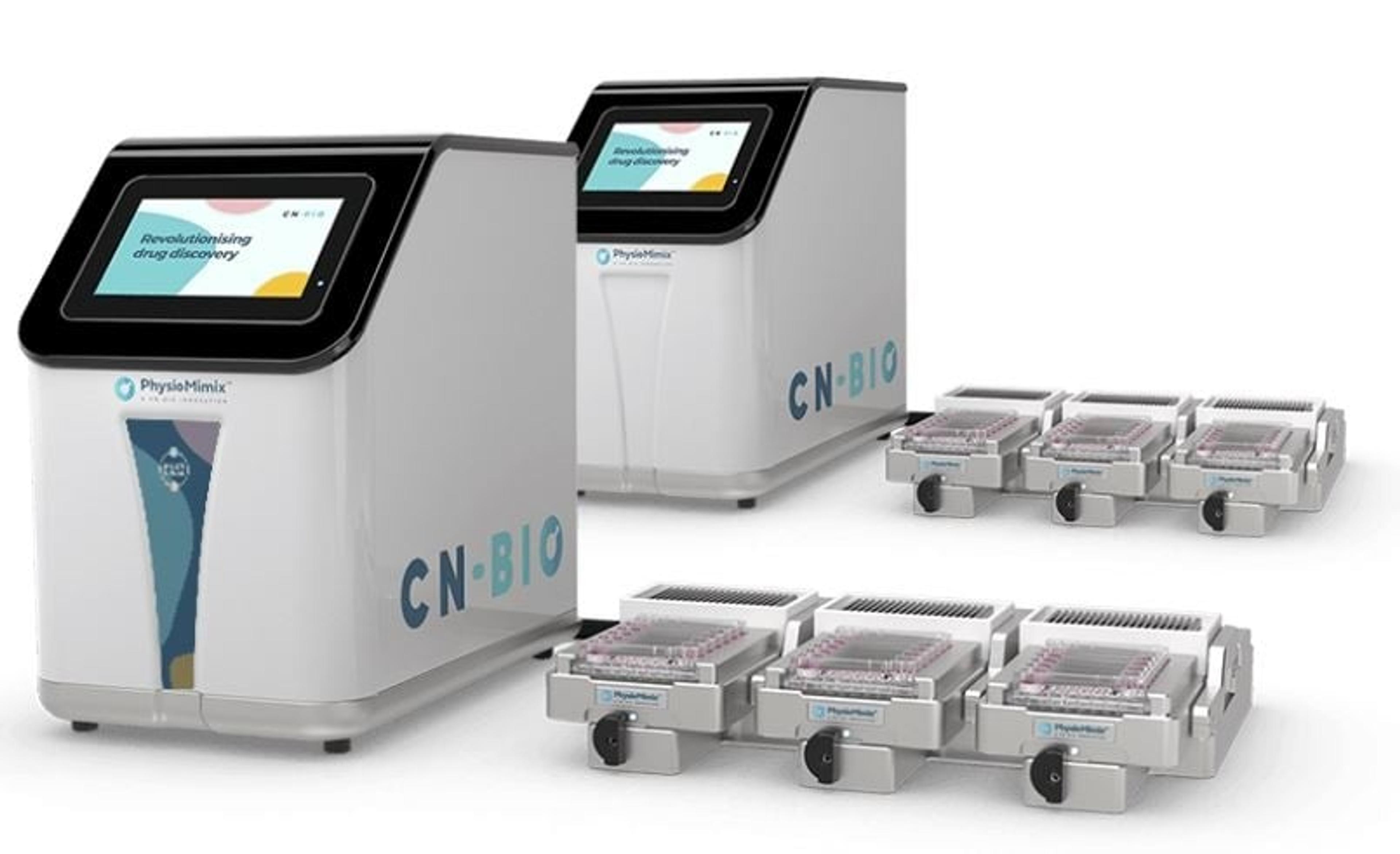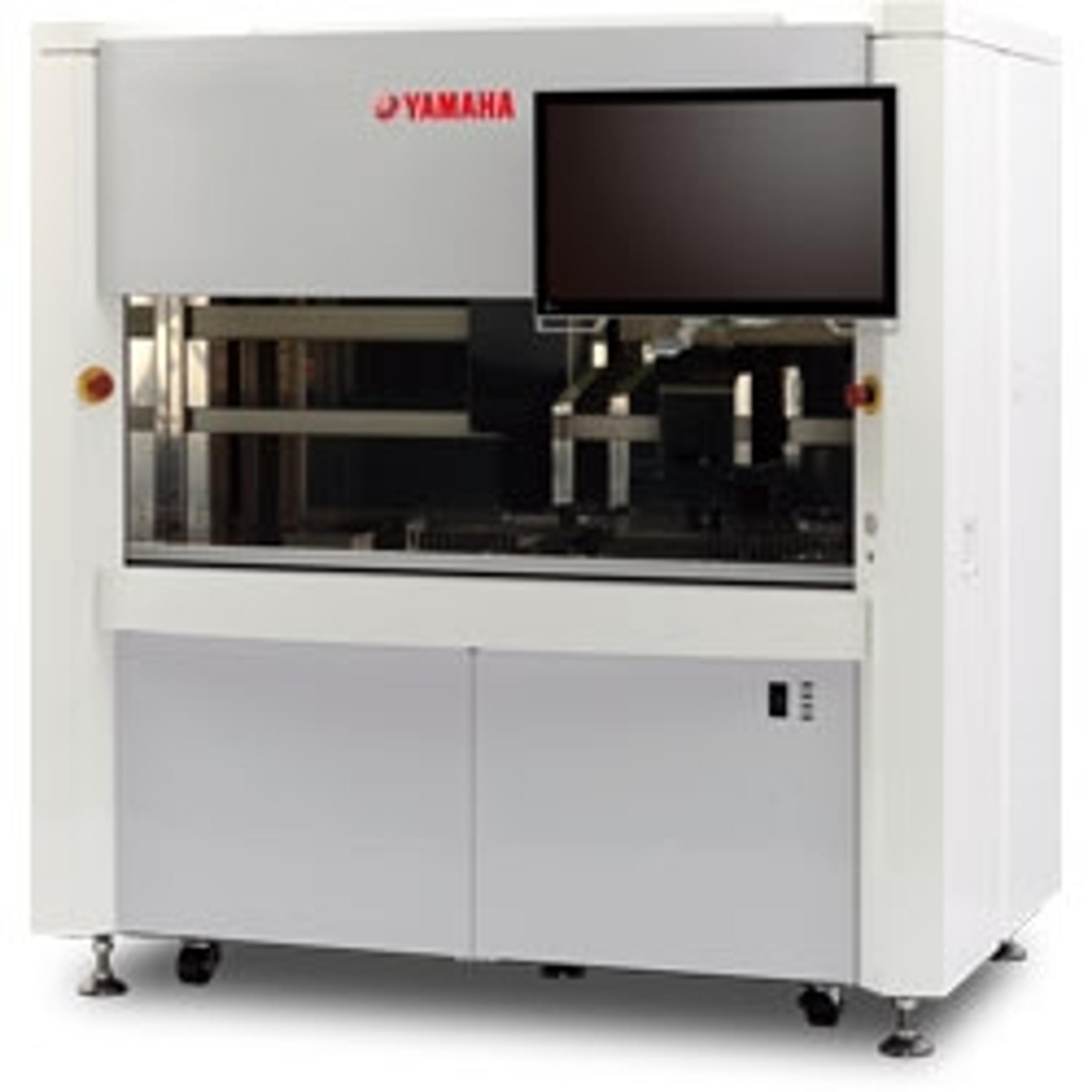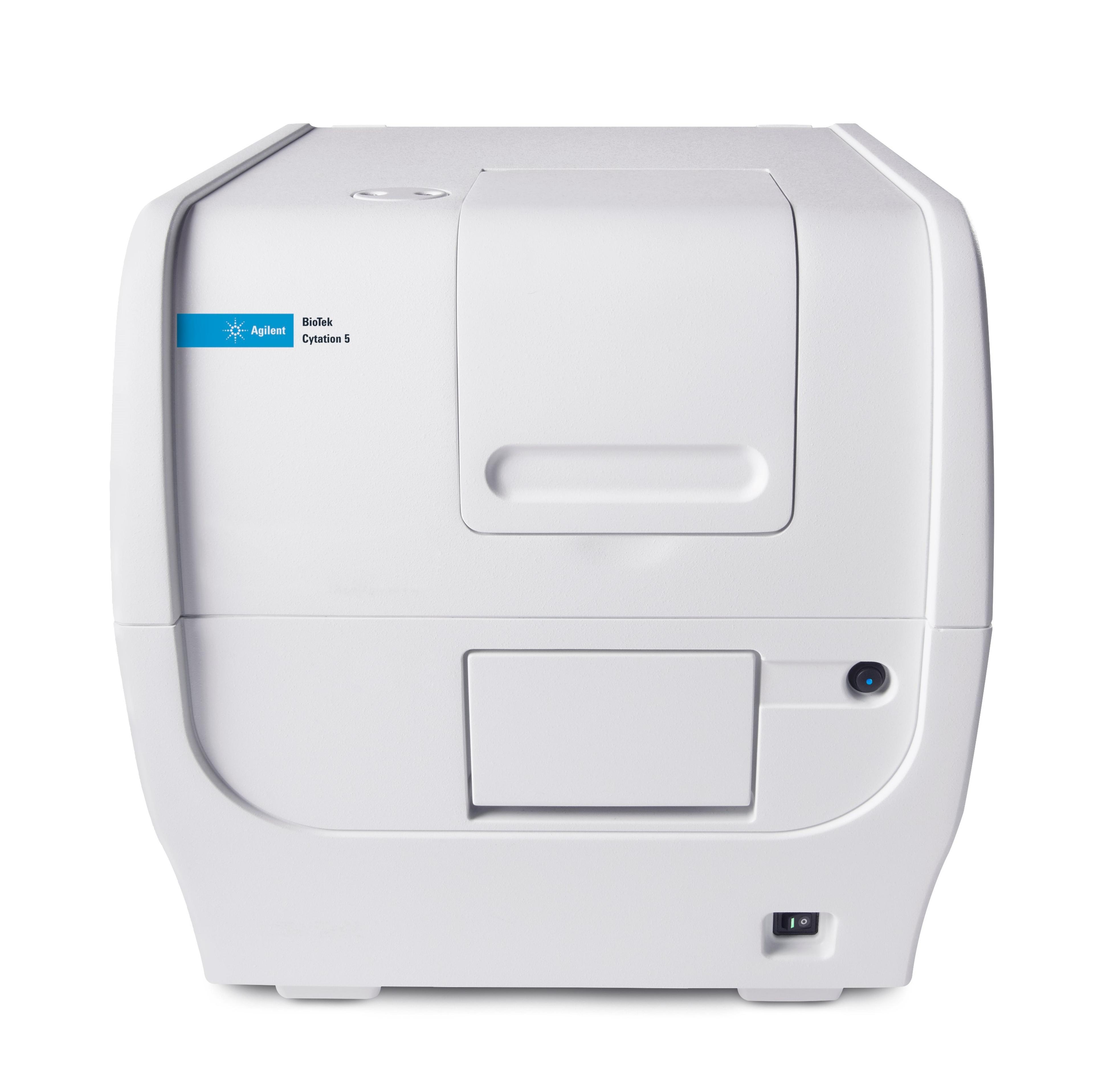3D Cell Culture: Patient mini-brains, cancer insights, drug screening and more
Keep up to date with the latest research and discover the tools and techniques advancing 3D cell culture and its applications
27 Apr 2021

As part of our dedicated special feature, we’ve pulled together a selection of top new resources to support and advance your work using 3D cell culture. Read on to discover how novel organoid models are being used to develop patient mini-brains, learn how to accurately track in vitro tumor invasion, explore robust 3D models for respiratory research, and much more.

GLIOBLASTOMA MODELS: Recreating brain tumors in a dish
Dr. Richa Singhania highlights the key considerations in generating cerebral organoid-based 3D models to serve as patient mini-brains and outlines how Corning Life Sciences technology is critical to providing the right conditions for this research.
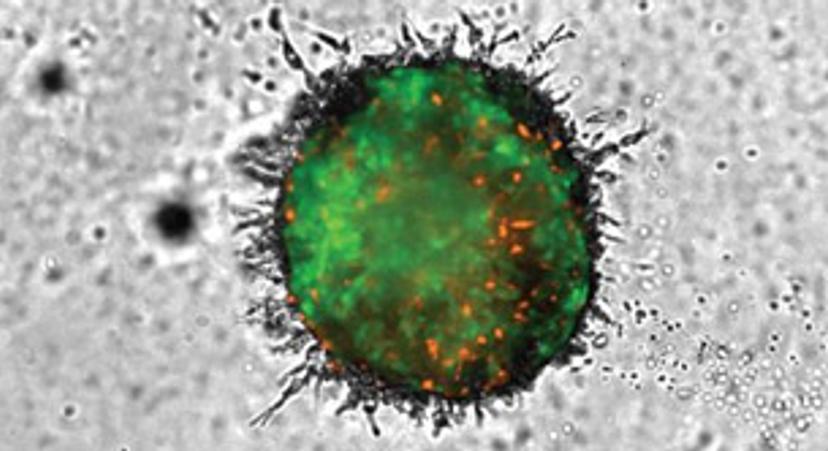
MODELING METASTASIS: Accurate analysis of in vitro 3D tumor invasion
Explore an optimized protocol using advanced cellular imaging from BioTek to track the invasive nature of in vitro 3D cell models over time and in response to drug candidates.
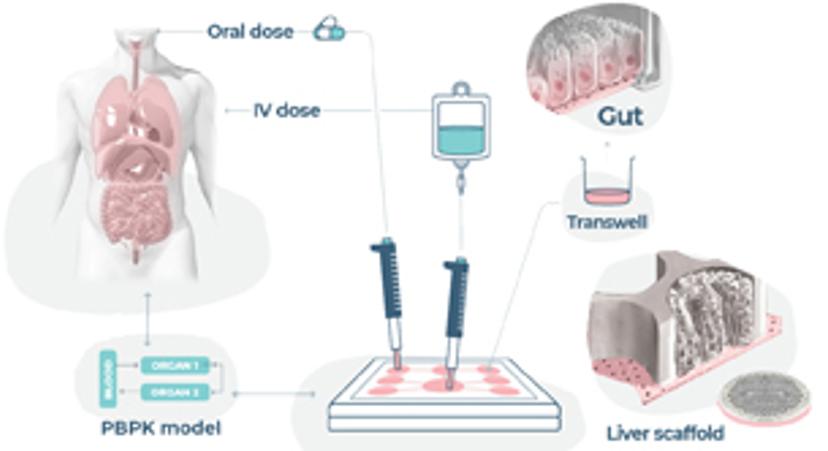
ADME: Multi-organ modeling of drug absorption and metabolism
Learn how advanced in vitro organ models provide a human alternative to animal or in silico first-pass metabolism studies and explore the potential for CN Bio’s gut-liver microphysiological system to improve in vivo PK/PD predictions using diclofenac.
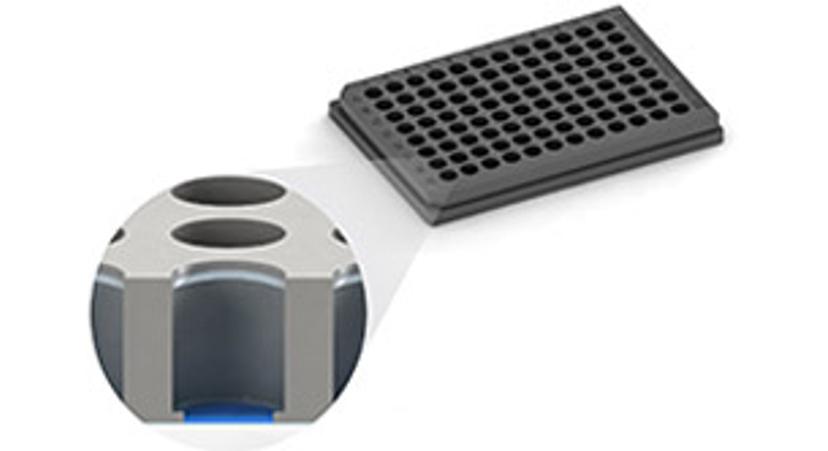
PRECAST PLATES: Rapidly seed cells without hydrogel assembly
Learn how precast TrueGel3D® HTS Hydrogel Plates from MilliporeSigma can be used to establish high-throughput 3D cell cultures for tumor spheroid formation, stem cell culture, immunology, ADME/tox studies and more.
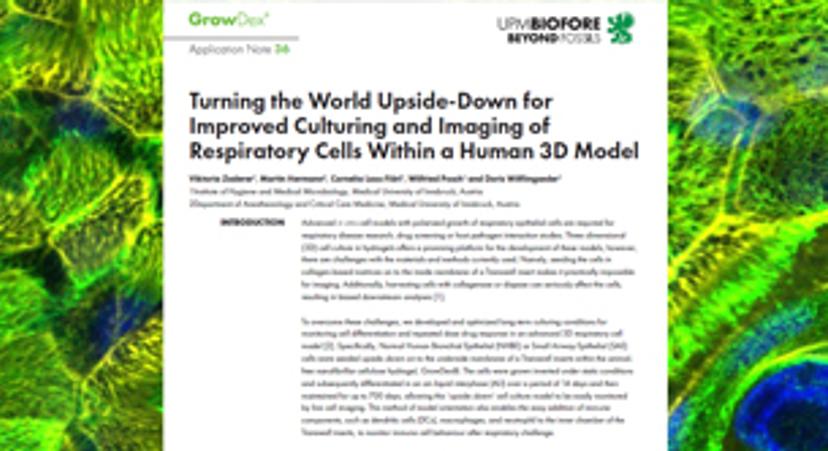
RESPIRATORY MODELS: Turning the 3D cell culture world upside down
Overcome the challenges of animal-based matrices with GrowDex® hydrogels by UPM Biomedicals and establish robust 3D cell models for respiratory disease research, drug screening or host-pathogen interaction studies.
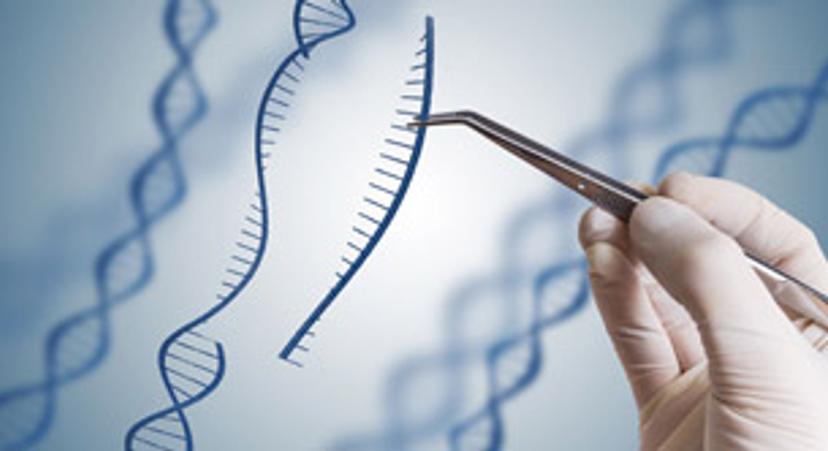
CLONAL CULTURES: Precise manipulation of CRISPR-modified organoids
Download this novel protocol, developed in collaboration with HUB, to learn how to accurately select and isolate CRISPR/Cas9-modified organoids at high throughput using YAMAHA MOTOR cell handling technology.

PRECISION ONCOLOGY: Getting organoids into the clinic
Dr. Christian Regenbrecht discusses his work using patient-derived tumor organoids to help guide cancer treatment decisions and how he sees organoid models moving into clinical practice in the future.
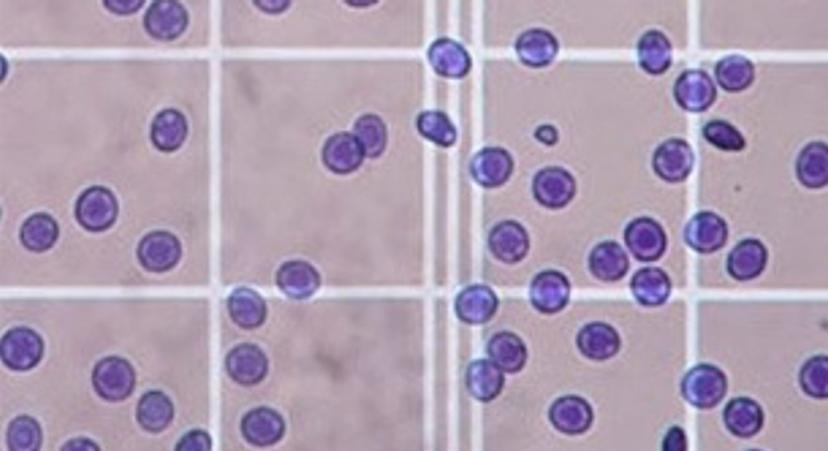
eBOOK: Essential technology for cell counting and viability measurements
Compare the top technologies on the market and find the best cell counter for your applications in this free guide.
Expert interviews:
- 3D cell culture and organoids: Potential tools in the fight against COVID-19
Dr. Shuibing Chen discusses the advantages of organoids, surprising discoveries in COVID research, and her hopes for revolutionizing the future of drug therapies. Read article >> - A novel target to inhibit glioblastoma invasion
Dr. Aleksandra Dukic, Oslo University Hospital, describes a novel target for inhibiting glioblastoma cancer invasion into surrounding brain tissue and the importance of this work in addressing the need for innovative therapeutics to combat this aggressive cancer. Watch on The Scientists' Channel>> - Analyzing cancer progression and treatment efficacy with imaging mass spectrometry
Dr. Amanda Hummon, Ohio State University, explains how her research group is developing novel mass spectrometry methods to examine the interaction between drugs and cancer samples in both 3D cell cultures and patient-derived organoids. Watch on The Scientists' Channel >>
Other top resources:
- How to Buy Cell Imaging Technology: Find useful resources to help simplify your choice when it comes to purchasing your next cell imager. Download eBook>>
- High-content imaging: Read this eBook to learn how to capture in-depth and high-quality images of spheroids, stem cells, organs-on-chips, and whole organisms. Download eBook>>
- Cell cultivation: Learn how to safely restart your cell research in the wake of COVID-19 with these top tips and best incubator decontamination practices. Read article >>
- Assay automation: Explore a precise, automated method for the forskolin-induced swelling assay of human intestinal organoids and learn how to apply this protocol to achieve higher throughput in your personalized medicine and drug discovery research. Download method >>
Your recommendations:
Take a look at what other researchers and scientists all over the world are saying about the latest equipment and technologies in 3D cell culture. Anastasia Velentza, from Ferring, shared her opinion on the PhysioMimix™ OOC Single and Multi-Organ Microphysiological System.

Find more news and resources in our 3D Cell Culture Special Feature>>

